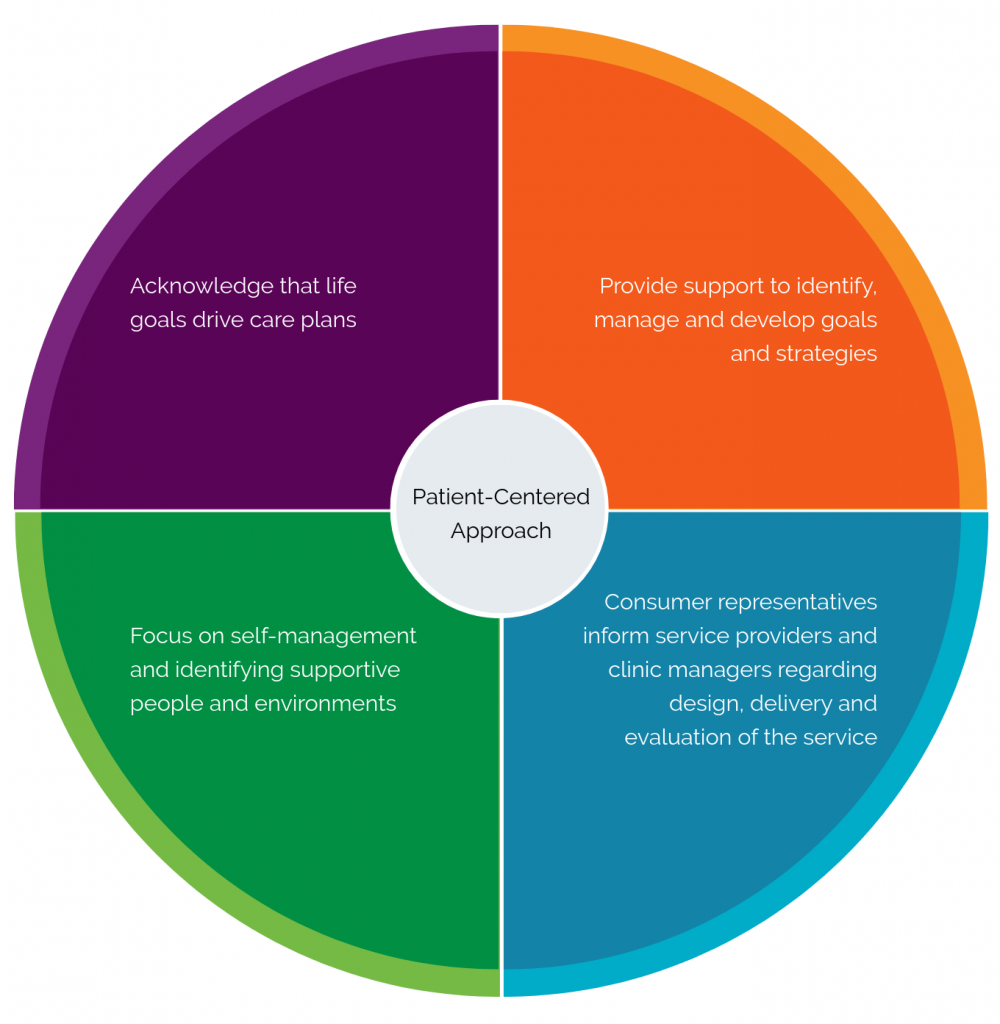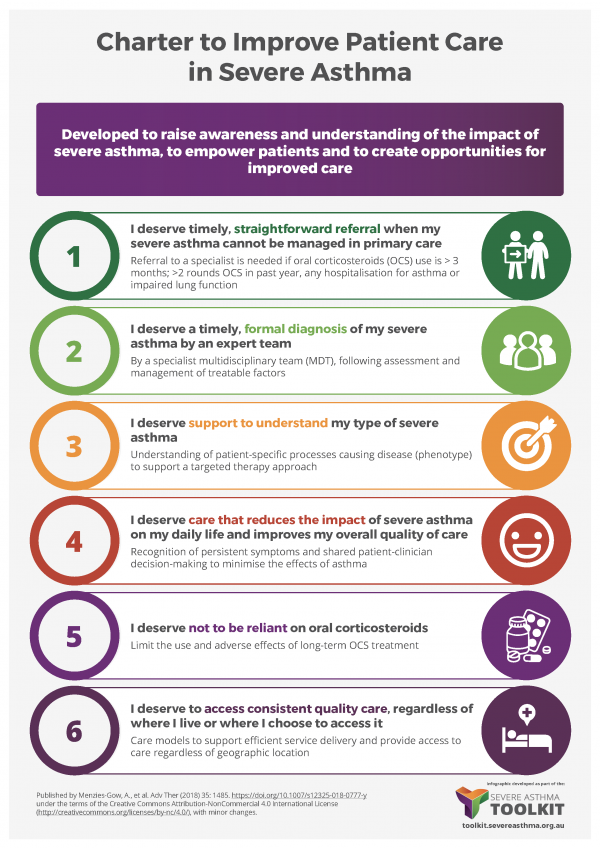LAY OVERVIEW
Living with Severe asthma can have a heavy burden on people’s lives. Symptoms make day-to-day living difficult. It may be difficult to work or study. It may limit social activities, travel and exercise. It can change quickly. And it can cause depression, worry and fear. Hospital stays place an extra burden on people and their families.


